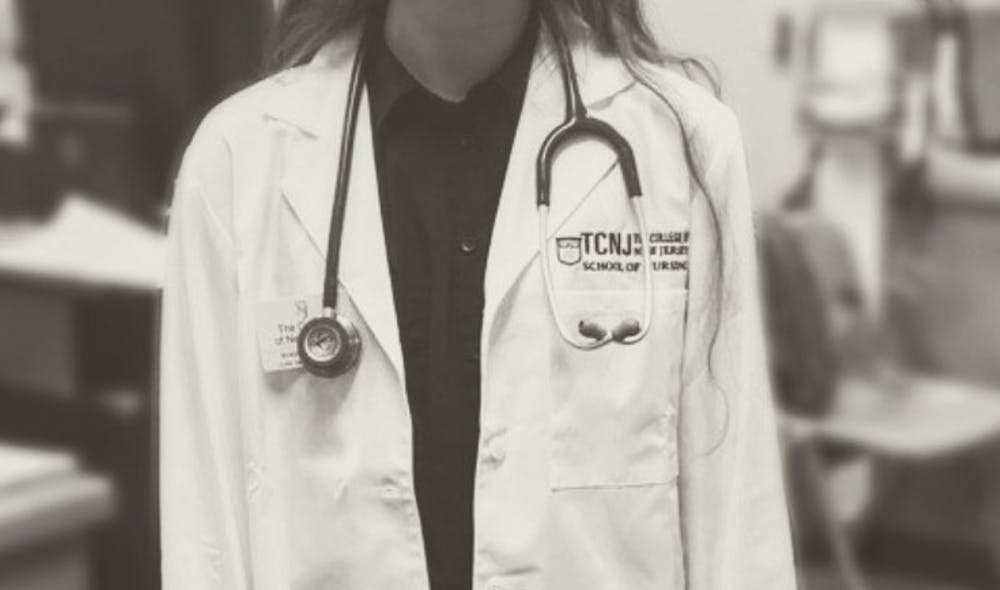By Emmy Liederman and Olivia Bowman
Editor-in-Chief and Staff Writer
Delaney Potter planned to spend the semester studying for nursing exams, attending lectures and obtaining hands-on nursing experience at local hospitals. But when the coronavirus outbreak struck, campus closed and positive cases at these hospitals began to grow, it was clear that the next few months would look a lot different than what she had imagined.
On Thursday, March 19, Assistant Nursing Professor Sharon Bryne announced that all nursing clinicals would be held online for the rest of the semester. But before this change was announced, many students were on the front lines of the global pandemic. They watched masks grow scarce, healthcare professionals become overworked and hospital beds fill with patients.

“I shadowed in the oncology unit at a local hospital, and nurses were explaining to me the severity of the glove and mask shortage,” said Potter, a junior nursing major who was placed at Capital Health Hopewell and Saint Peter's University Hospital in New Brunswick. “Perfectly healthy people who didn’t necessarily need the masks were leaving immunocompromised individuals with no access to equipment crucial to protecting their health.”
Although the COVID-19 outbreak has prevented students from reporting to their assigned hospitals, the nursing department has worked to develop a successful virtual clinical program. Students are assigned a made-up patient, conducting research on their health condition and performing remote assignments through an online platform with their professors and classmates.
“Professors in the nursing department have done an excellent job in accommodating students so we can all get our clinical hours in, despite the pandemic,” said Potter. “Virtual clinical will definitely take some getting used to, but it’s a learning curve. Everyone’s in the same boat.”
In addition to juggling coursework and the clinical hours that are required to graduate, some nursing majors also work as technicians at local hospitals. But when coronavirus deaths struck the hospital where Gabby Arancio, a junior nursing major, worked, she decided it was in the best interest of her family to put her job on hold.
“I usually work as a patient care technician at CentraState Medical Center in Freehold, but I am not going to work because my parents are so high risk. I don’t want to infect them,” said Arancio. “(When I left), the hospital was getting increasingly more understaffed due to the fear of getting family members sick.”
For students that have decided to spend their careers taking care of patients, not being able to do so during a global pandemic is far from ideal.
“Nursing is such a personal, hands on profession. It’s all about human interaction and being present with the patient,” said Potter. “Virtual clinicals unfortunately don’t allow for that face to face experience and direct human connection.”
Despite the challenge of working behind a computer screen, Associate Professor Tracey Perron is confident that her students have what it takes to stay on track.
“For the most part the students seem to be adjusting to the new norm,” Perron said. “I would say the fact that this generation is very tech savvy is a really good thing.”
Because of this new normal, these students have gained experiences that have changed their outlooks on what it means to be healthcare professionals — being able to roll with the punches and work together during dire circumstances.
“I’m not as afraid of this virus because I know what I’m getting into as a healthcare professional,” said junior nursing major Becca Conrey, who witnessed firsthand the stress that this virus has brung as a technician at Cooper University Healthcare in Camden, NJ. “I just want to help people. My mom’s a nurse. I want to be half the nurse that she is one day.”







